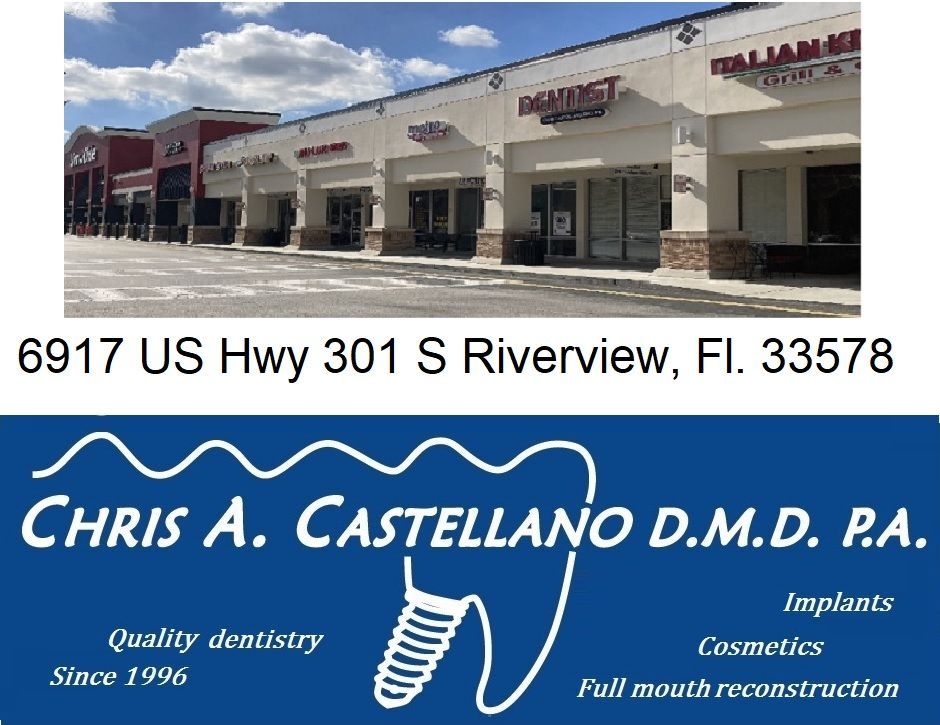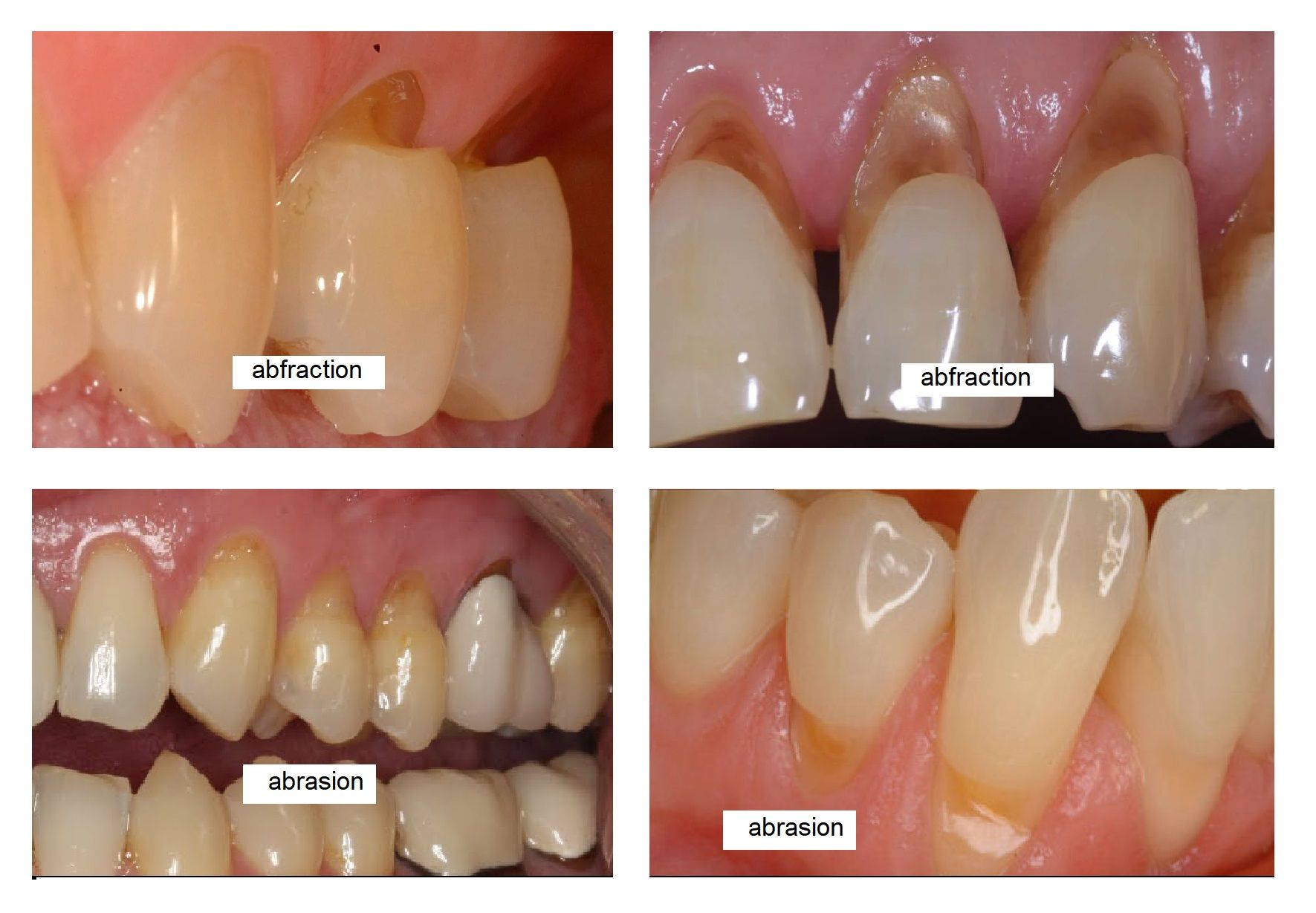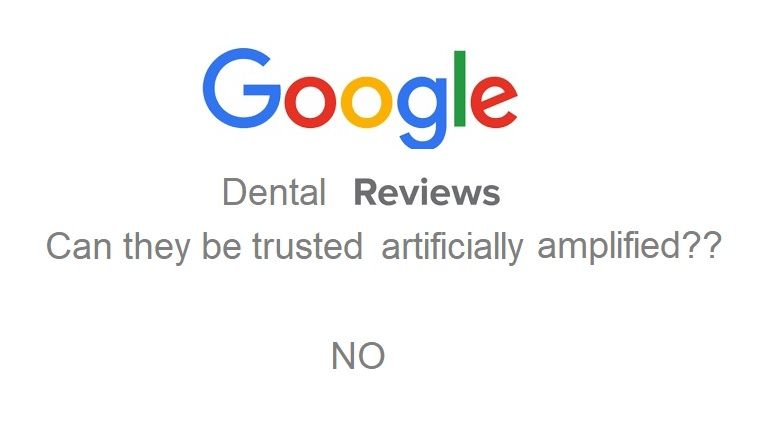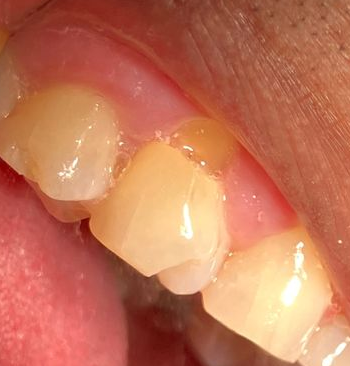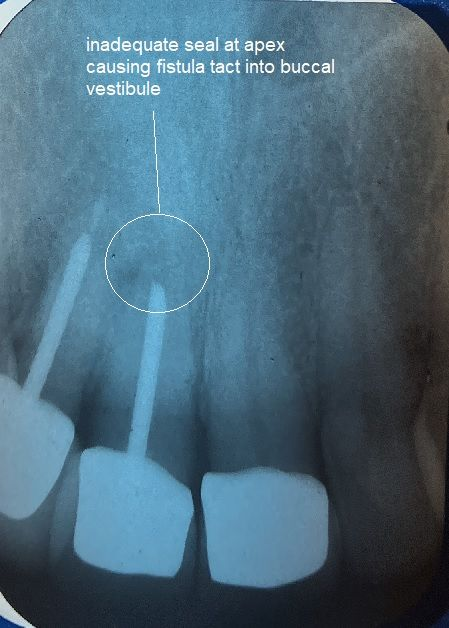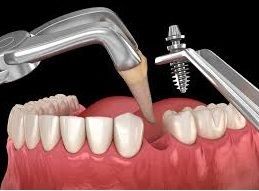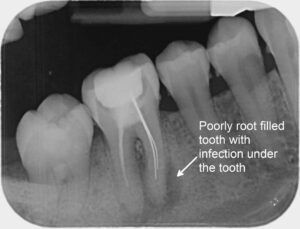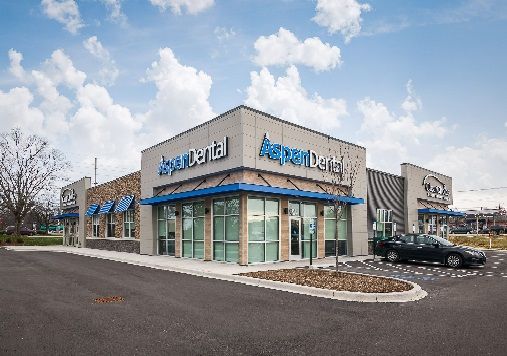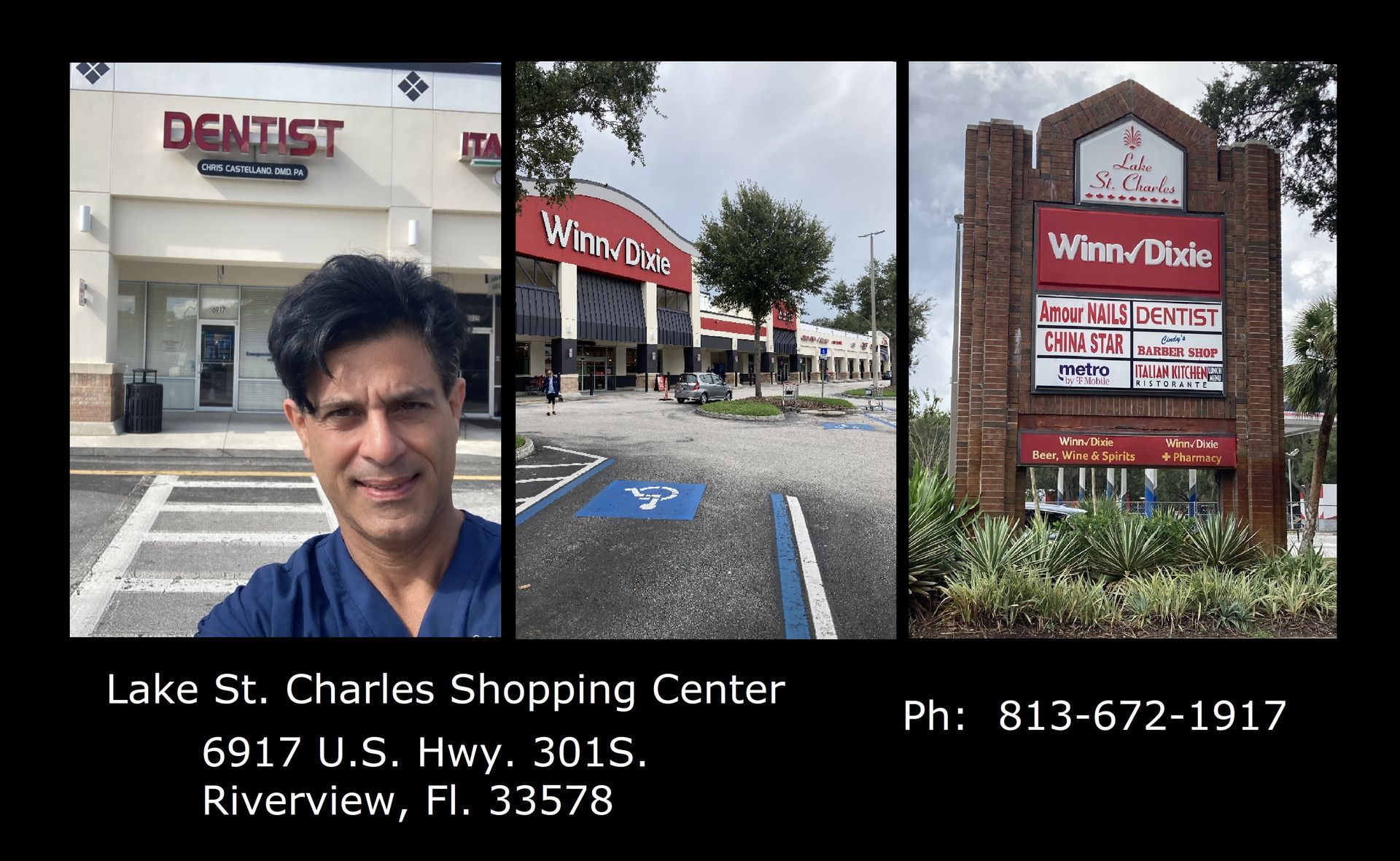Part 1: How Dental Chains Took Over the Industry
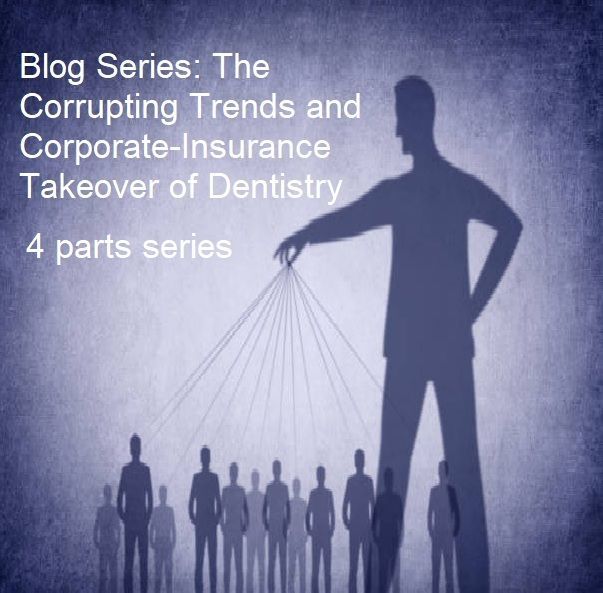
The Rise of DSOs and the Quiet Collapse of Independent Practices:
The landscape of modern dentistry has shifted dramatically in recent years. Once dominated by independent, community-rooted practices, the industry has now become saturated with corporate dental chains—many operating under the structure of DSOs, or Dental Service Organizations.
Many well-known DSOs may appear trustworthy on the surface, but the truth is they often operate under misleading local-sounding names—creating the illusion of a local, private practice while functioning as a for-profit franchise.
These entities take advantage of state laws, such as in Florida, that require dental practices to be owned by a licensed dentist. To satisfy this, a single dentist may be listed as the "owner" of multiple locations but never actually practices or interacts with patients. This allows large corporations to control operations while maintaining the legal façade of ethical practice ownership.
Under Florida Statute §466.0285, only licensed dentists may own and control dental practices — a rule intended to protect patients by preventing non-dentists from influencing care decisions. You can read more here: Florida Dental Practice Ownership Law (§466.0285)
The result is a system in which dentists are reduced to employees, often working under extreme production quotas and earning as little as 20% of what they produce. Treatment decisions are no longer based on patient needs but on insurance contracts and profit targets.
#DSOs The Fast-Food Chains of Dentistry:
Dental Service Organizations (DSOs) operate much like #franchise fast-food chains—think KFC, McDonald’s, or Burger King. The business model is nearly identical: corporate headquarters controls the marketing, staffing, suppliers, and vendors. The employees follow strict protocols, and everything is designed for efficiency, consistency, and profit.
But here’s the difference: #Dentistry isn’t fast food.
In fast food, standardization works—even if the result isn’t healthy. But in dentistry, every patient’s mouth is different. There is no “combo meal” for gum disease. No “value menu” for a complex root canal. When dentistry is practiced under strict price controls and production quotas, care becomes rushed, impersonal, and compromised.
The result isn’t just a bad burger—it’s bad dentistry. And that affects your health, your time, and your trust.
#OutOfNetworkDentist #DentalTruth #DSOExposed #InsuranceScam #TransparentDentistry
#QualityOverQuotas #PatientOverProfit #EthicalDentistry #IndependentDentist
#RealDentalCare #NoInsuranceNoProblem #RiverviewDentist #33578Dentist
#BestDentistNearMe #ChooseYourDentist

